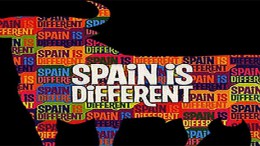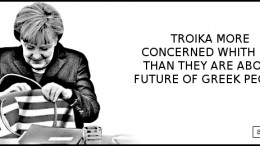If Spain will lead the Eurozone in 2015 and 2016, what happened to the Spailout?
MADRID | The Corner | In spite of, or maybe, thanks to the so-called Spailout (2012), Spain is today one of Europe’s driving forces. The International Monetary Fund’s estimates on global economy point to the country as the outperformer of the Eurozone for the first time in six years. Its GDP would grow by 2% this year and 1.8% in 2016.





